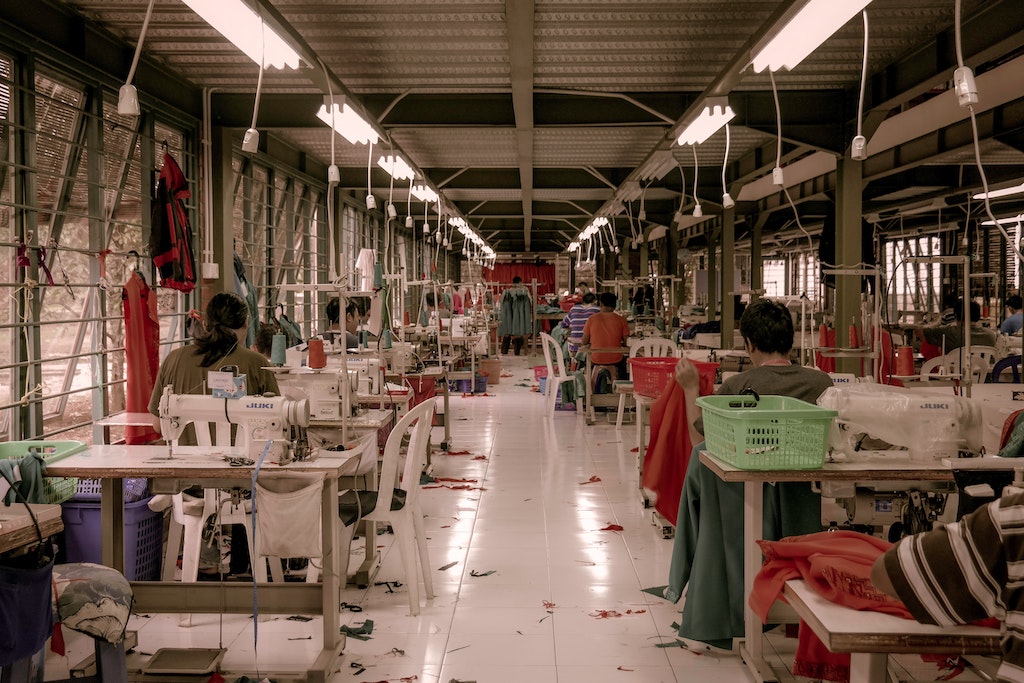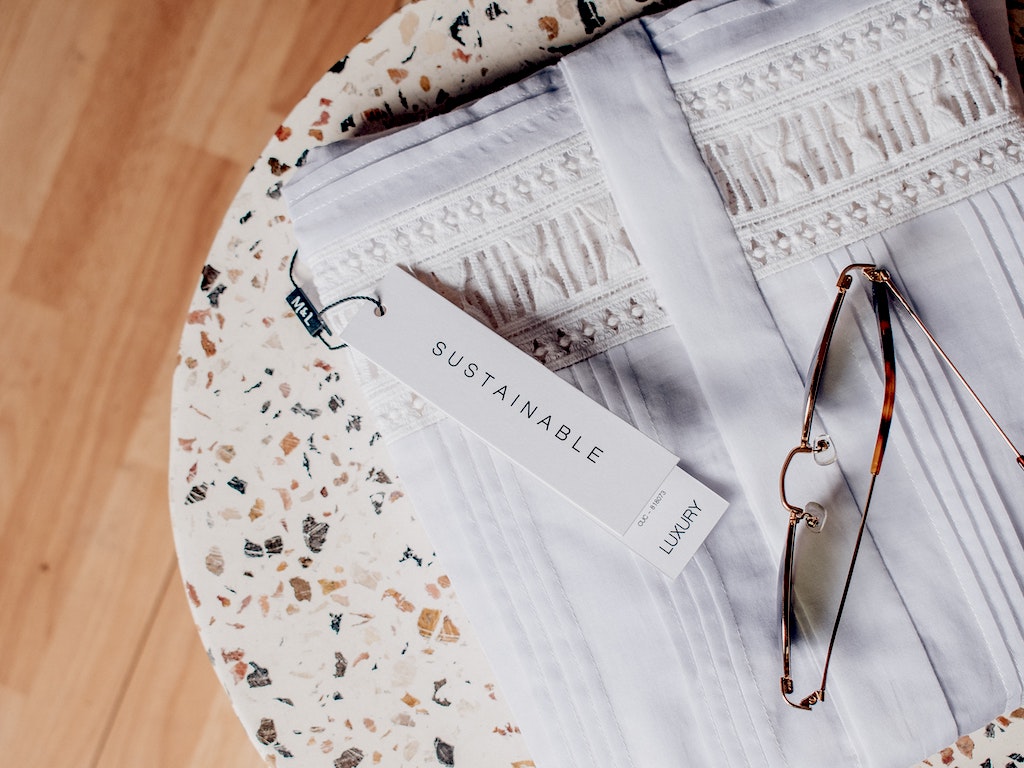4 Mins Read
The majority of big fashion brands are making false sustainability promises, says a new report. The assessment, which looked into the prevalence of greenwashing in the industry, concluded that fashion players are using “flawed definitions, unscientific methods and selective implementation” when it comes to sustainability pledges.
With sustainability as a topic taking over almost every industry in the world, nearly every major fashion brand has made public-facing commitments to go green. But a new report claims that almost all of these pledges aren’t backed up by real evidence and won’t lead to any meaningful change.

Fashion’s false promises
“Many are failing in their efforts because they are using a flawed definition of sustainability, unscientific methods and selective implementation,” says the paper, co-authored by analyst Veronica Bates-Kassatly and Dorothée Baumann-Pauly, the director of the Geneva Center For Business and Human Rights (GCBHR).
The report, titled The Great Greenwashing Machine and is being supported by sustainability consultancy Eco-Age, is part of a series of papers being released about the fashion industry’s false promises.
In the first white paper published earlier this month, the experts detail how varied definitions of sustainability are now being used by brands as a tool to market themselves as responsible to increasingly eco-conscious consumers.
“At the present time there does not appear to be a single initiative or brand that is measuring sustainability correctly,” explained Bates-Kassatly. “They all appear to conflate sustainability with environmental impact—which they don’t even calculate accurately.”
Using the Brundtland definition of sustainability, which underpins the United Nations Sustainable Development Goals (SDGs) as a basis, the authors say that “current claims in fashion deviate” and are leading to real-world “vast consequences” for the planet and people.
Lack of representation

When it comes to the impacts of false sustainability promises, the authors emphasise that the industry is not only slowing down much-needed progress on cutting the world’s GHG emissions to combat climate change, but also leading to unequal harm to the world’s poorest communities.
Highlighting how the concept of sustainability itself has become an “elitist concept” being shaped by the interests of the Global North, with little representation of the Global South in conversations and initiatives, the report says that green claims by brands aren’t translating into meaningful change for the world’s most vulnerable societies.
“The perceived holistic sustainability benefits do not appear to be trickling down to the producers, some of the least represented and underpaid in fashion’s global value chain,” wrote the authors, citing Zambian and Burkinabe cotton farmers among some of the communities currently being neglected.
“[Brands] make claims and recommendations without once considering the repercussions of these assertions on the livelihoods of millions, primarily in the Global South,” said Bates-Kassatly.
Related: 75% of leading fashion brands graded ‘F’ in new fossil-free scorecard
Clear science-based standards
To tackle the problem of greenwashing in fashion, the report recommends that clear standards be set for brands to adhere to when it comes to making any commitments. For Baumann-Pauly, the “North Star” for fashion labels is the definition of sustainability outlined by the Brundtland Commission.
“It is in the interest of [the] industry to develop science-based standards and metrics that are aligned with this original and comprehensive understanding of sustainability which explicitly includes human rights,” she explains.

“Clear standards can prevent greenwashing and allow companies to showcase that they are making progress towards sustainability. They can also serve as a guide through the dense jungle of sustainable fashion initiatives.”
One startup in the UK has recently taken steps in this direction, launching an open-source rulebook for businesses to follow when it comes to making credible claims and properly communicating to consumers. Called the Provenance Framework, the company’s founder, Jessi Baker, says it aims to give “clear, robust parameters for what you can and can’t legitimately say about your brand or products.”
Separate reports have also called out the fashion industry as one of the biggest culprits when it comes to greenwashing, with one analysis finding nearly 60% of major brands’ claims are in violation of Competition and Markets Authority (CMA) rules.
Lead image courtesy of Unsplash.




